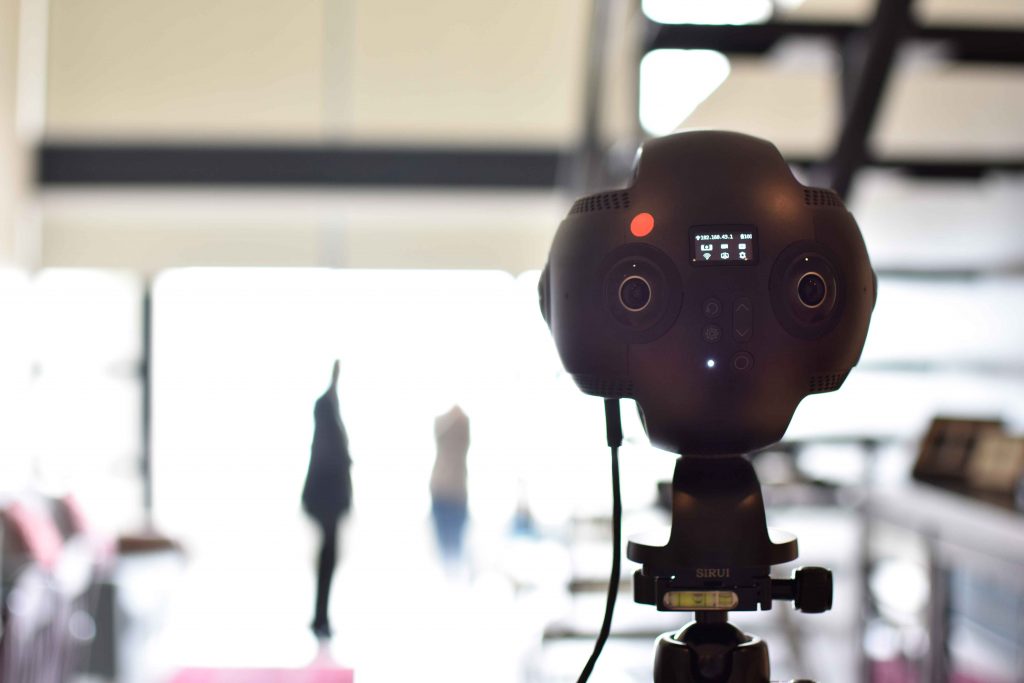Commercial Property
Virtual Reality
We’re taking a stroll through a house. The estate agent points out various features, gesturing and moving about. But we’re not at the property, and the agent’s presentation is not specifically for us. Instead, we’re watching a tour on YouTube, moving our phone to look around an impressive 360-degree scene.
“In the international market, people are quite accustomed to virtual tours,” says Brendan Louw, CEO of Forj, a producer of virtual photo and video tours. “And three years ago, we started seeing this trickle into South Africa. There’s definitely momentum in the property market and we’ve even seen a higher increase since the pandemic.”
At its most basic, you can imagine a virtual tour being similar to Google Street View: static photos stitched together so you can explore a 3D space using your mouse or fingers. The next stage is a virtual video tour, using 360-degree footage edited into an interactive video. At the top of the heap, at least in terms of expense and complexity, are rendered tours: 3D rendered examples of properties or interior designs – popular among architects and those pre-selling properties. But regardless of the method, the result is the same: the ability to scrutinise a property without physically being there.
Drones are also a modern way to capture property on video. According to Riaan Huysamen, an aerial photographer and drone pilot at SkyPixels, drones are great for location shots and bird’s-eye views of property layouts. Small drones can record interiors, so a video can swoop elegantly inside and outside of a property. Drones are used to capture 360-degree footage or photos, in ways other techniques cannot.
“The drone is always going to give you a view that no camera can, unless you had a very expensive camera on a long stick. You can take those kinds of shots that you would battle to do if you just had a normal camera,” says Huysamen.
Uptake of these technologies has jumped, particularly among younger estate agents. Costs are also coming down – a standard virtual tour can cost less than R3 000 and these are very popular for sole mandates and private sellers – not least because they are secured from snooping visitors.
But there is also an influx of under-qualified and amateur producers. Equipped with a basic 360-degree camera or unlicensed drone, these individuals frequently flaunt laws and produce poor quality content, undermining the rest of the industry. If you want a virtual tour of a property, consult the professionals. Cutting corners only leads to lacklustre results and legal complications.





